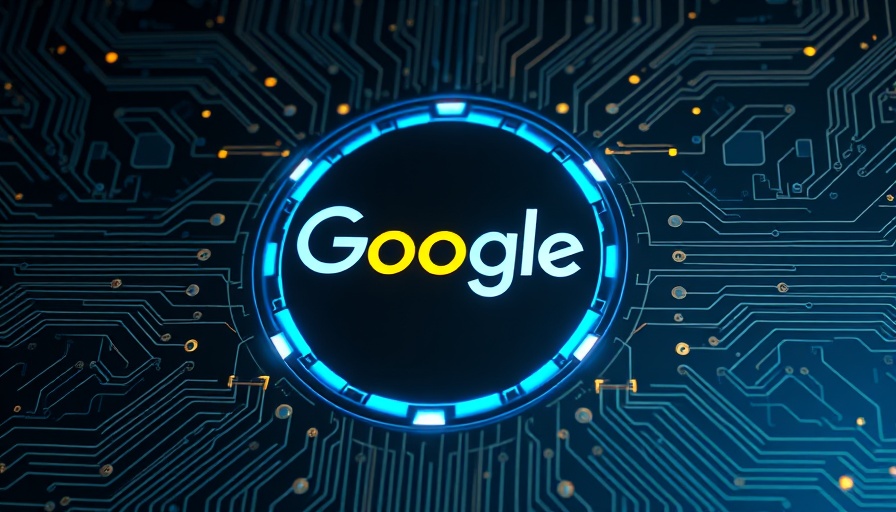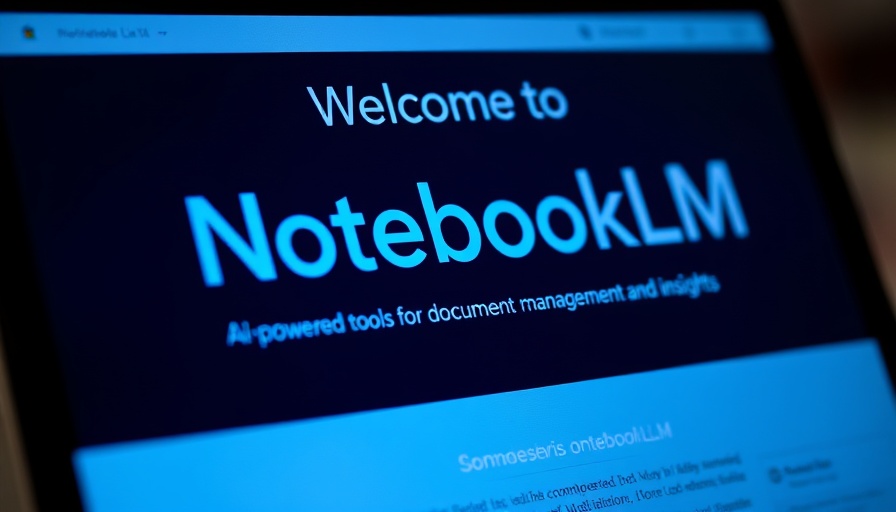
Embracing AI in Business: A Paradigm Shift
The latest directive from Shopify CEO Tobi Lutke could signify a major turning point in how companies approach hiring and workforce management in the age of artificial intelligence (AI). In a memo that circulated through the company, Lutke articulated a new strategy: before any department requests additional personnel, they must demonstrate that the work cannot be effectively handled by AI. This not only emphasizes the growing reliance on AI technologies but also reflects a shift towards a more efficient, tech-driven workplace that champions innovation.
Understanding the Implications of AI Integration
This directive comes as no surprise in a landscape where AI capabilities continue to advance rapidly. Companies must adapt to these changes or risk falling behind. Lutke's memo suggests a cultural shift at Shopify, where using AI is not merely an option but "a fundamental expectation" for employees. Such an expectation encourages teams to explore creative ways AI can aid them, which could ultimately streamline processes and enhance productivity.
The Ethical Dimension: Balancing AI and Human Talent
The conversation around AI in the workplace is rife with ethical concerns. On one hand, the integration of AI tools can lead to increased efficiency and cost savings. However, the fear that machines could replace human roles raises significant questions about job security and the future of work. SEO professionals and marketers, particularly, may view AI as both a threat and an asset, as its capability to automate tasks could reshape job dynamics in their sectors.
Future Forecast: AI's Role in Shaping Employment
Looking ahead, the impact of AI on employment could vary significantly across different industries. While some jobs might become obsolete, new roles and specialties will likely emerge, requiring employees to adapt. Lutke posits that a future where AI improves Shopify's offerings will require all staff to enhance their understanding of these technologies. In doing so, it will be crucial for business professionals to continuously seek training that aligns with evolving AI capabilities.
Staying Ahead: Why Proving AI's Ineffectiveness Matters
The core of Lutke’s approach emphasizes innovation: if a job can be handled by AI, then why not use it? This thinking could foster a culture where employees are encouraged to be creative with AI solutions rather than treating it as a mere tool. The challenge for employees is not only to adapt but to continuously think critically about their roles. Rather than fearing replacement, professionals should leverage AI to do more strategic and high-value work.
Insights from the Broader Industry: Similar Moves from Competitors
Shopify is not alone in adopting AI as a cornerstone of its workforce strategy. Other industry leaders have begun to implement similar frameworks. Companies are now prioritizing AI literacy as an essential skill for employees. For instance, organizations across tech-driven sectors are prompting teams to seek AI solutions before opting for an increase in headcount. This trend is reshaping how we view talent, placing AI proficiency at the forefront.
Conclusion: Navigate the Future of Work with AI
As businesses like Shopify redefine their approaches to hiring in light of AI advancements, it's evident that both employees and employers must adapt. By embracing these changes, professionals not only position themselves favorably within their careers but also drive their organizations forward in a highly competitive landscape. It's imperative for CEOs, marketing managers, and business professionals to stay updated on AI trends and continually develop their skills to remain relevant in this impending transformation.
To thrive in this new environment, consider exploring AI training opportunities or resources that can deepen your understanding of AI applications in your field. This is not just a technological shift; it’s a chance to enhance the way we work.
 Add Row
Add Row  Add
Add 




 Add Row
Add Row  Add
Add 

Write A Comment